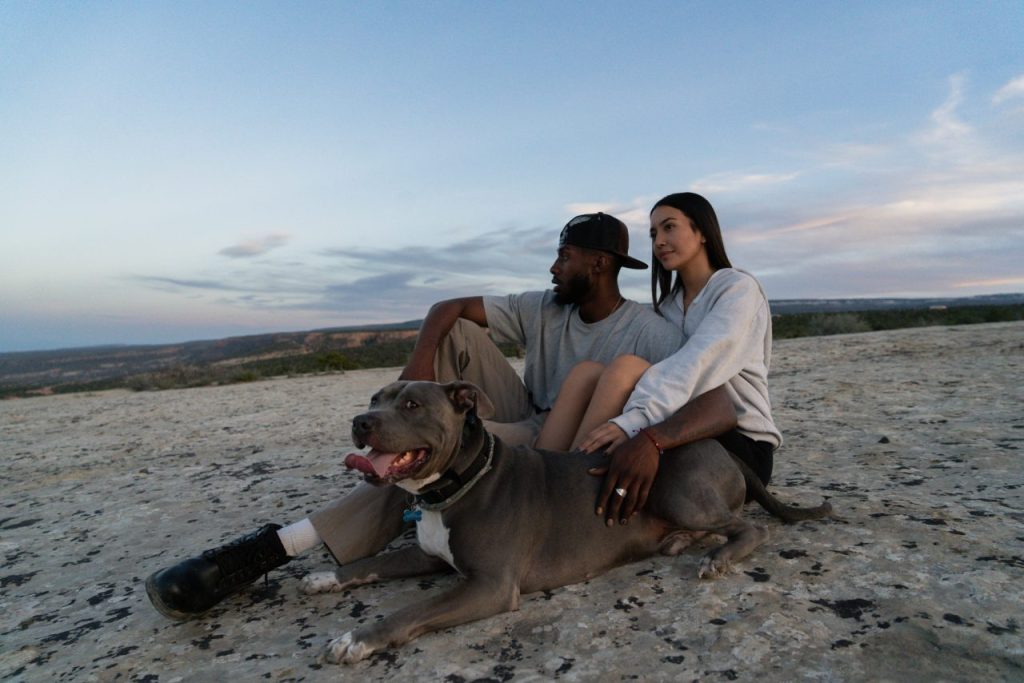A Los Angeles County Sheriff’s Department Deputy rescued a dehydrated dog and two hikers. The group got stranded last week in the Vasquez Rocks Natural Area.
Sherriff’s deputy saves dehydrated dog on trail
According to KTLA 5, on June 16, someone waved down LASD Deputy Zavala and Sheriff’s Service Officer McKuen. They informed the authorities that two hikers and their dog were lost on the trail and needed help.
The authorities hiked for half a mile and crossed ridge lines to reach the group. The hikers and their 13-year-old black Labrador Retriever were severely dehydrated. The senior pup was so depleted, they gave up on walking.
“Deputy Zavala attempted to give the dog water, but the dog was so overheated and dehydrated [that] he couldn’t stand, let alone walk,” the LASD Park Bureau wrote in a Facebook post.
The hikers told Deputy Zavala that they were capable of walking, but couldn’t care for the dog. Deputy Zavala then took matters into his own hands – literally. He carried the exhausted canine on his shoulders.
“Deputy Zavala knew if he didn’t get the dog out of there, he would die,” the Facebook post read.
The group hiked back to the parking lot and appeared to be improving. Then, the people and their pet left the park “without further incident.”
Preventing canine dehydration on hikes
Dehydration can be dangerous to your pup’s well-being, so it’s crucial to take steps to prevent this problem before it arises. First and foremost, always bring an ample supply of fresh water specifically for your dog. Dogs can become easily dehydrated, especially in hot weather or during strenuous activities, so it’s important to provide them with regular access to water. Consider using a collapsible water bowl or a portable water bottle with an attached bowl for easy access and convenience.
Additionally, plan your hike strategically. Map out water sources and swimming spots along the way so your pup can cool down.
Monitor your dog closely for signs of dehydration, including excessive panting, lethargy, dry gums, or loss of skin elasticity. If you notice any of these symptoms, take immediate action. Find shade, offer water, and end the hike early if necessary.
In addition to providing water, there are other measures you can take to prevent dog dehydration on hikes before you hit the trials. Start by gradually increasing your dog’s physical endurance and stamina through regular exercise to prepare them for longer hikes. Avoid hiking during the hottest parts of the day when temperatures are at their peak, as this increases the risk of dehydration and heat exhaustion. Instead, opt for early morning or late afternoon hikes when temperatures are generally cooler.
Take frequent breaks in shaded areas to allow your dog to rest and cool down. If your dog shows signs of discomfort or exhaustion, modify your plans and turn back if needed. By being attentive to your dog’s needs and taking proactive steps to prevent dehydration, you can ensure a safe and enjoyable hiking experience for both you and your furry friend.









